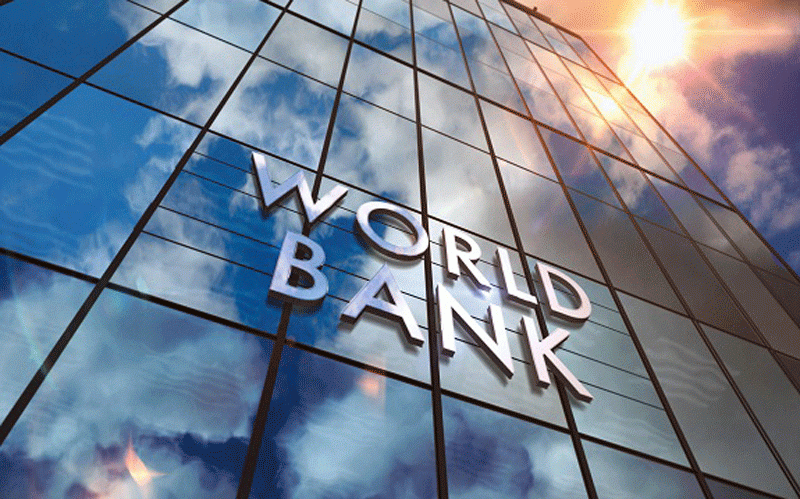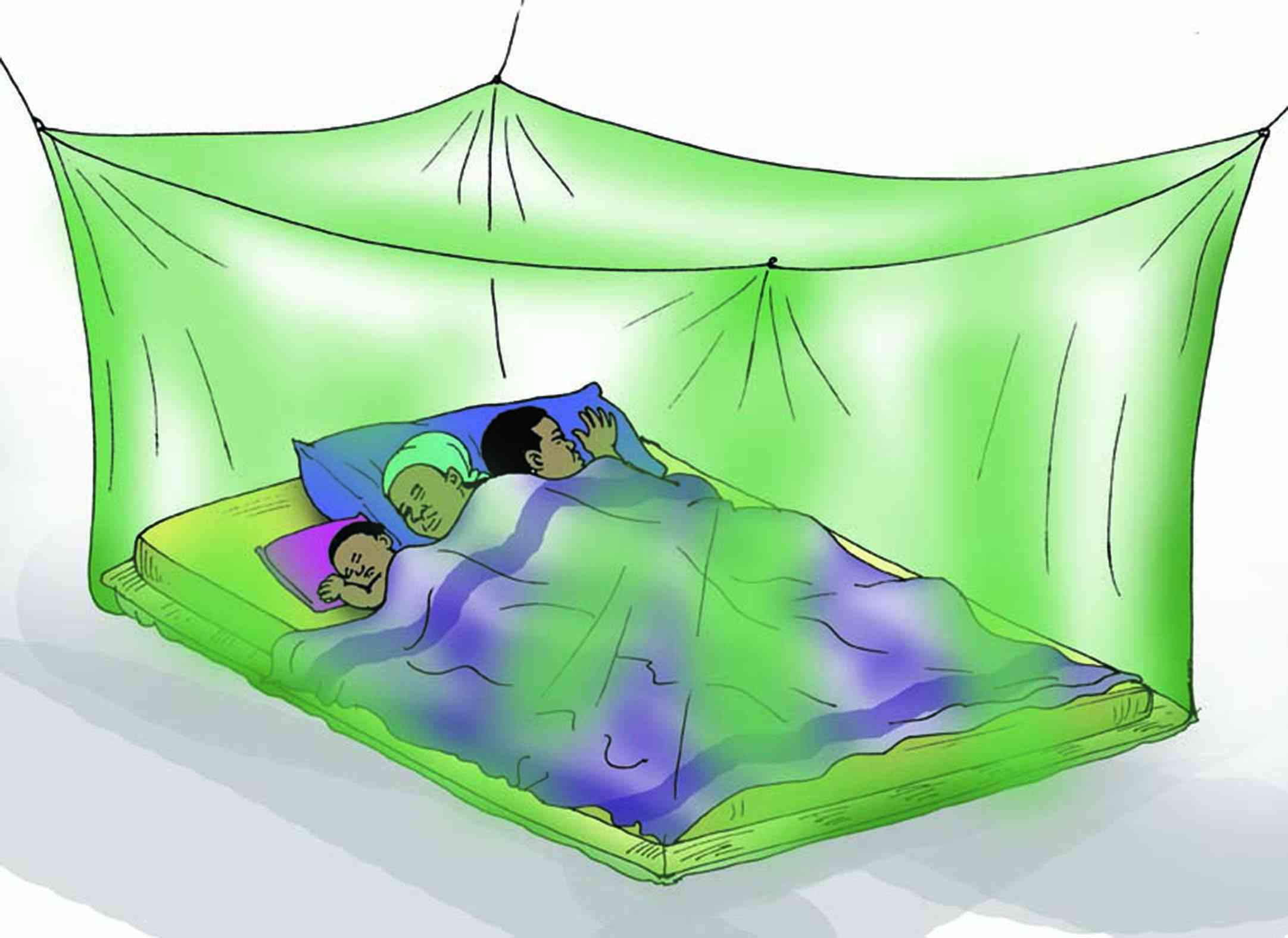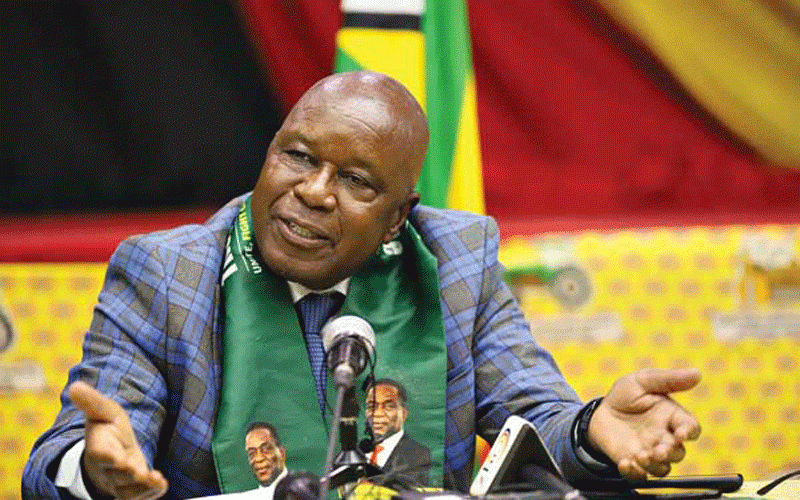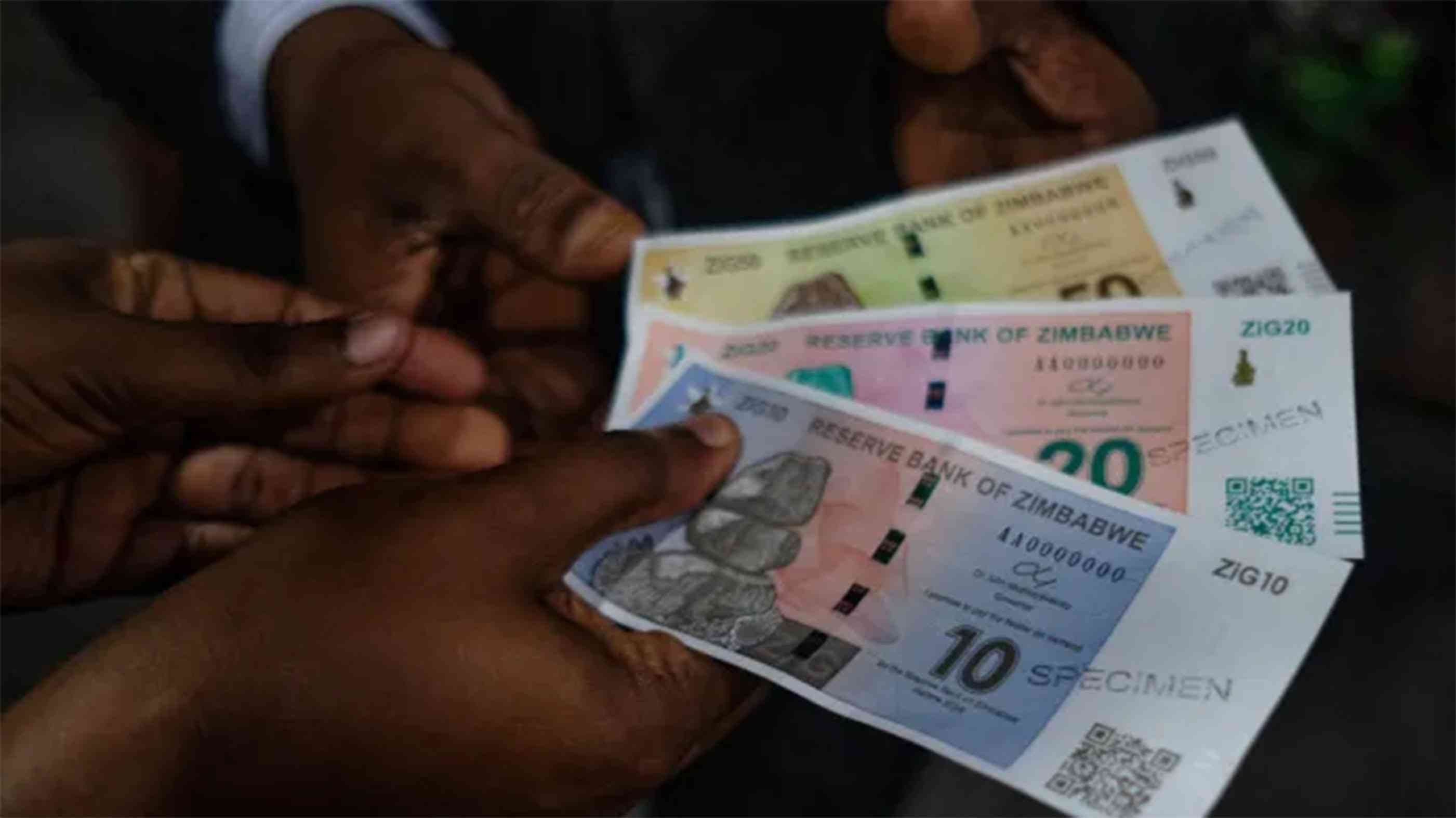
The government woke up in a state of ecstasy yesterday because the World Bank said that the country was one of the fastest growing economies in Sadc.
This is because the World Bank recorded a gross domestic product (GDP) growth of 8,5% in 2021, 6,5% in 2022, and 4,5% this year, growths that were higher than not only regional averages, but most of the Sadc economies themselves.
Never mind that some of those Sadc countries are bigger, don’t have increased risk associated with political instability, do not suffer 10 to 18-hour daily power cuts, face declining investment, have high debt to GDP ratios, predatory taxes, and policy inconsistencies.
Even the World Bank added a caveat in making this bold statement which predictably the officials are not mentioning.
It said: “Shocks from the war in Ukraine, supply chain disruptions, economic volatility, and power shortages have kept Zimbabwe’s economic activity below its potential for both 2022 and 2023.”
What this means is that the economy is facing serious headwinds and no matter what growth rate, this will always impact the country’s true economic potential.
Just look at the numbers we mentioned earlier, from a high of 8,5%, the economy has shed four percentage points for an average annual slowdown of 2% till this year from 2021.
For next year, the growth rate is expected to slow to 3,5%, a one percentage point drop from the current year. So, these drops cannot be overlooked no matter how much the authorities want to do so.
- Little hope for Zim, Africa
- African leaders dying overseas expose cruel deception of independence
- Sadc must intervene on Zim crisis: SA
- Zim has 2nd highest rising food prices: WB
Keep Reading
The reality is the citizen cannot feel any improvement.
Even in 2021, when the growth rate was 8,5% the citizens cannot feel any improvement because on the day of the local currency’s return in June 2019, the rate was US$1:ZW$6,33 and now its US$1:ZW$5 909,2673.
What percentage drop is that? Use your calculator and see for yourself.
Yes, while the economy was ‘booming’ consumer and business incomes were being eroded.
When consumer income gets eroded, they have less disposable income to spend, which can lead to a decrease in demand for goods and services thereby slowing production.
If business income gets eroded it means that companies cannot scale up, expand, or even get capital because financial institutions will not see such businesses as viable investments. It means slowed job creation, companies scaling down business, and in some extreme cases, business closures.
What it means is that we are now a nation that celebrates mediocrity and maybe we deserve it if the government is not held to account for its massively failed policies.
According to the World Bank, the Zimbabwe economy had its highest growth rates ever during that period of 12% in 2009, 2010 (22%), 2011 (15%), 2012 (16%), and 2013 (3,19%).











